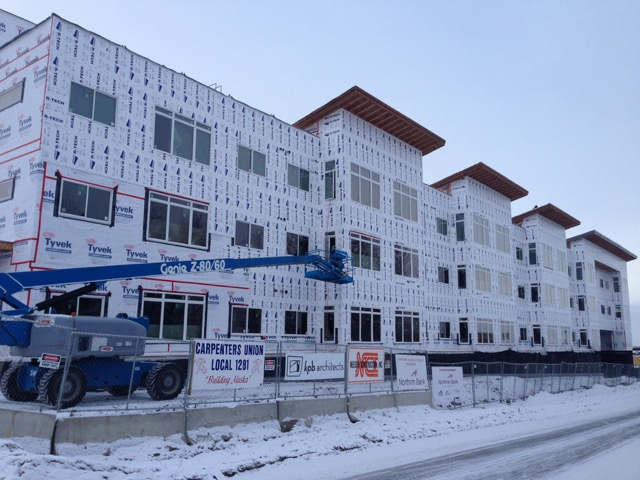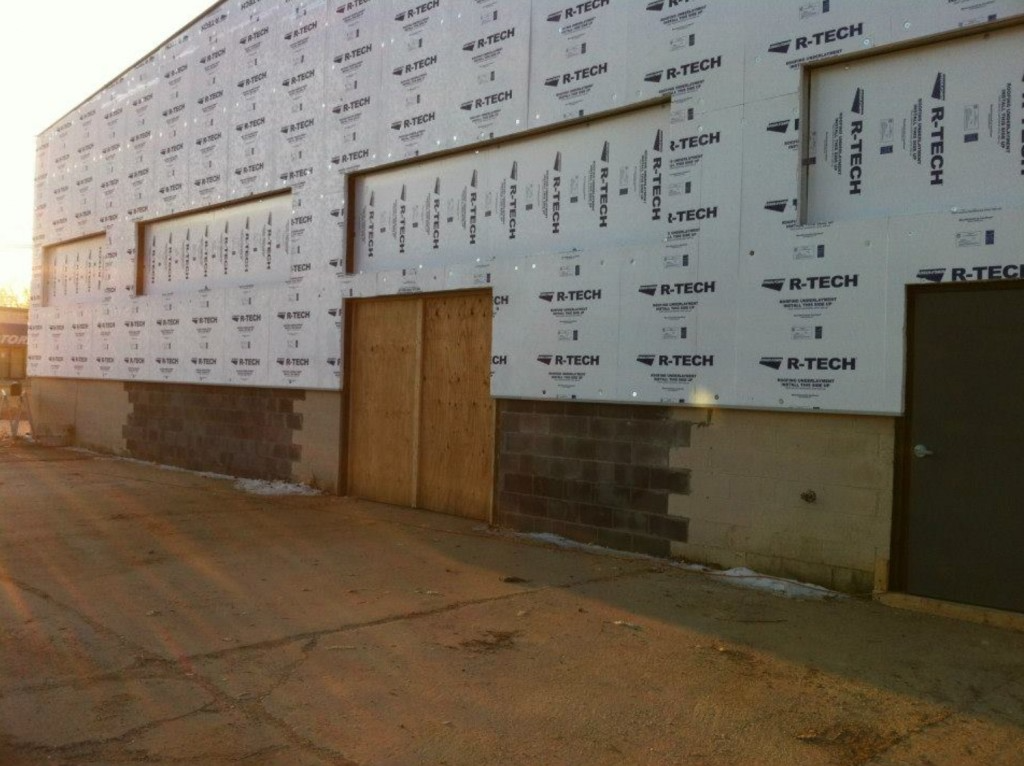The Importance of Above Grade Insulation for Commercial Buildings
For commercial buildings, above grade insulation is crucial for controlling energy costs, improving occupant comfort, and protecting the building envelope. Unlike residential buildings, commercial buildings typically have more extreme heating and cooling demands, as they must maintain comfortable temperatures for many occupants and also account for heat generated from equipment and lighting. Above grade insulation helps meet these significant energy needs while optimizing comfort and moisture control.
With rising energy prices, commercial building owners and managers are constantly looking for ways to reduce utility bills. Above grade insulation is an effective solution, as it prevents heat transfer through exterior walls, reducing the amount of energy required to heat and cool the building. For new construction, installing high-performance insulation can significantly cut energy usage over the lifetime of the building. For existing buildings, adding insulation to exterior walls helps lower bills immediately while also increasing the building’s value.



Occupant comfort is also a top priority in commercial buildings, and above grade insulation helps maintain consistent indoor temperatures. Without it, exterior walls cannot block hot or cold outdoor air, leading to temperature fluctuations and drafts inside the building. Proper insulation acts as an effective barrier, keeping the interior environment stable and comfortable regardless of the weather outside.
Moisture control is equally important in commercial buildings, as water damage, condensation buildup, and mold growth can cause serious issues. Above grade insulation raises the surface temperature of exterior walls, preventing condensation from forming in the first place. It also protects the building from moisture damage by shielding walls from extreme temperatures.
For commercial buildings, polyisocyanurate foam board, closed-cell spray polyurethane foam, and stone wool are good insulation options, as they provide high R-values, moisture resistance, and durability. Fiberglass and cellulose are other alternatives, though they may require additional moisture barrier protection. Installing the proper above grade insulation for a commercial building is a worthwhile investment, resulting in lower energy usage, improved comfort, reduced maintenance costs, and a higher property value.